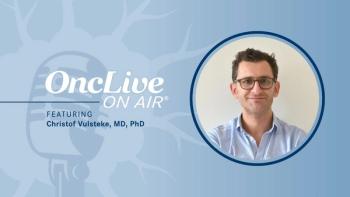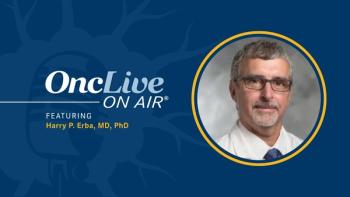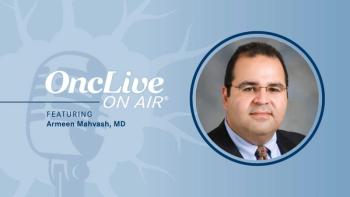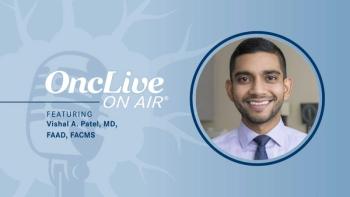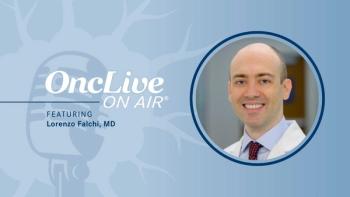
FDA Approval Insights: Denileukin Diftitox in Relapsed/Refractory CTCL

Dr Foss discusses the significance of the FDA approval of denileukin diftitox for patients with relapsed/refractory CTCL.
Welcome to OncLive On Air®! I’m your host today, Ashling Wahner.
OncLive On Air is a podcast from OncLive®, which provides oncology professionals with the resources and information they need to provide the best patient care. In both digital and print formats, OncLive covers every angle of oncology practice, from new technology to treatment advances to important regulatory decisions.
In today’s episode, supported by Citius Pharmaceuticals, we had the pleasure of speaking with Francine Foss, MD, to discuss the FDA approval of denileukin diftitox-cxdl (Lymphir) for the treatment of patients with relapsed/refractory cutaneous T-cell lymphoma (CTCL) who have received 1 or more prior systemic therapies. Dr Foss is a professor of medicine (hematology) and dermatology and the director of the Multidisciplinary T Cell Lymphoma Program at the Yale School of Medicine, as well as the scientific leader of Lymphoma CRT at Yale Cancer Center in New Haven, Connecticut.
On August 8, 2024,
In our exclusive interview, Dr Foss discussed the significance of this approval, key efficacy and safety data from Study 302, and her excitement about reintroducing an agent to the CTCL treatment paradigm that can induce particularly robust responses.
___
That’s all we have for today! Thank you for listening to this episode of OncLive On Air, supported by Citius Pharmaceuticals. Check back on Mondays and Thursdays for exclusive interviews with leading experts in the oncology field.
For more updates in oncology, be sure to visit www.OncLive.com and sign up for our e-newsletters.
OncLive is also on social media. On X, follow us at @OncLive. On Facebook, like us at OncLive, and follow our OncLive page on LinkedIn.
If you liked today’s episode of OncLive On Air, please consider subscribing to our podcast on Apple Podcasts, Spotify, Amazon Music, and many of your other favorite podcast platforms,* so you get a notification every time a new episode is posted. While you are there, please take a moment to rate us!
Thanks again for listening to OncLive On Air.
*OncLive On Air is available on: Apple Podcasts, Google Podcasts, Spotify, Amazon Music, Audacy, CastBox, Deezer, iHeart, JioSaavn, Listen Notes, Player FM, Podcast Addict, Podchaser, RadioPublic, and TuneIn.


